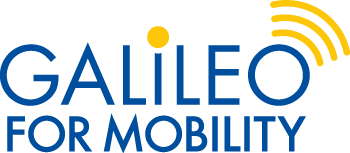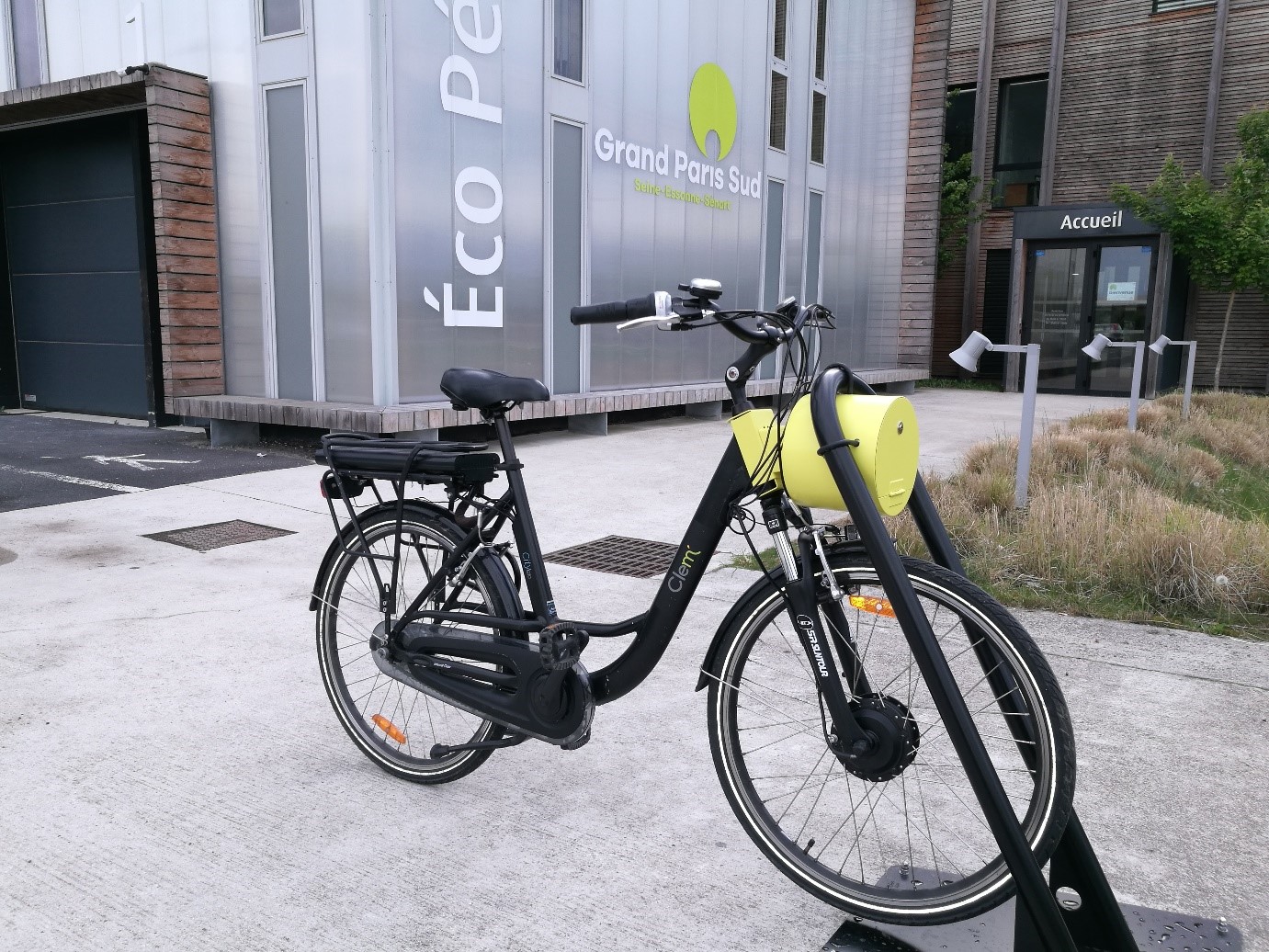Next up: Paris! Galileo 4 Mobility is happy to announce that the pilot in the Descartes Cluster has kicked off. After the MaaS aggregator pilot by RACC in Barcelona (completed in July) and the taxi-sharing pilot in Thessaloniki by CERTH and TaxiWay (currently running), we now speak to Meriem Gazzar, Project Manager at pilot leader Clem’, about their vehicle-sharing demo.
Can you briefly discuss the pilot, and elaborate on how the service will benefit from Galileo technology?
The G4M pilot in the Paris region provides a shared mobility service based on a mixed fleet of electric vehicles (cars and bikes). The pilot is implemented and operated by Clem’ in the Descartes Cluster, where 25% of the French research and development workforce in the field of “Sustainable city” is located. The fleet is shared in a station-based model. The carsharing is a round-trip service while the bikes are operated in one-way model. The vehicle booking is mandatory and is accessible via a unique app developed by Clem’.
Geolocation is a main functionality for the operation and monitoring of the vehicle fleet. It collects the necessary data to define the user’s trip between two stations and consequently it allows the operator to apply the right fees. Geolocation is also a mandatory function to ensure fleet security against usage abuse. In this pilot, the cars and bikes will be geolocated using a Galileo-based tracker. The service will benefit from Galileo-based geolocation to improve the precision of the vehicle positioning, consequently reducing potential errors on the detection of vehicle return to a station.
What is the current status of the pilot, and what are the next steps?
The carsharing pilot was launched in October 2019 with 11 cars. The development for the bike service is almost completed. The app is already available on the app stores and the bikes docks have been installed. The first bikes will be put into service early December 2019. After 3 months of operation, a quantitative and qualitative study will be conducted to assess the pilot results and the added value of Galileo-based geolocation, using the different set of data that will be collected.
Can you explain how the new service will benefit the user?
The pilot will be operated in a peri-urban area where the mobility needs are diverse and dispersed, both in time and space. In some areas and for some users (students, tourists…), public transport offer doesn’t meet the users needs due to intermittence of the offer or the lack of flexibility. The mobility service brought by the pilot intends to be a complementary solution to the public transport offer for different use cases and a response to different mobility needs of the cluster users (students, researchers, employees…). As an example, a bike could be used to carry out the last kilometre from public transport stations, while a car could be used to make a work trip.
Were there any challenges faced when setting up the pilot in terms of regulations, technology, or other?
The main challenges that we encountered were of technical nature and concerned the bike pilot: Clem’ has developed a bike sharing solution from scratch during the Galileo project. The solution includes a hardware part that consists of a bike on-board device that interlocks to a specific bike dock, plus a software part that consist of the integration of the bike-sharing to Clem’s app and the development of the on-board device software.
What do you think is the view of the city authority of the pilot?
Local authorities of Marne la Vallée are aware of the diversity of mobility demand on their territory and the faced challenges in terms of limiting the use of private cars in favour of sustainable and less polluting alternatives. One of the main projects in this territory is the installation of a charging stations network combined with a car-sharing service for electric vehicles. Clem’ has been chosen as the operator of both charging and carsharing services. Hence, the Galileo pilot is compatible with the territory’s strategy to enhance the mobility offer by providing flexible and sustainable solutions.
When will the results of the pilot be available, and what will be done with the insights?
The results of the pilot will be available for the 2nd quarter of 2020. They will be exploited to improve the quality of the service and to discuss a larger deployment of bike sharing on the territory.
 This project has received funding from the European Global Navigation Satellite Systems Agency under grant agreement No 776381
This project has received funding from the European Global Navigation Satellite Systems Agency under grant agreement No 776381

